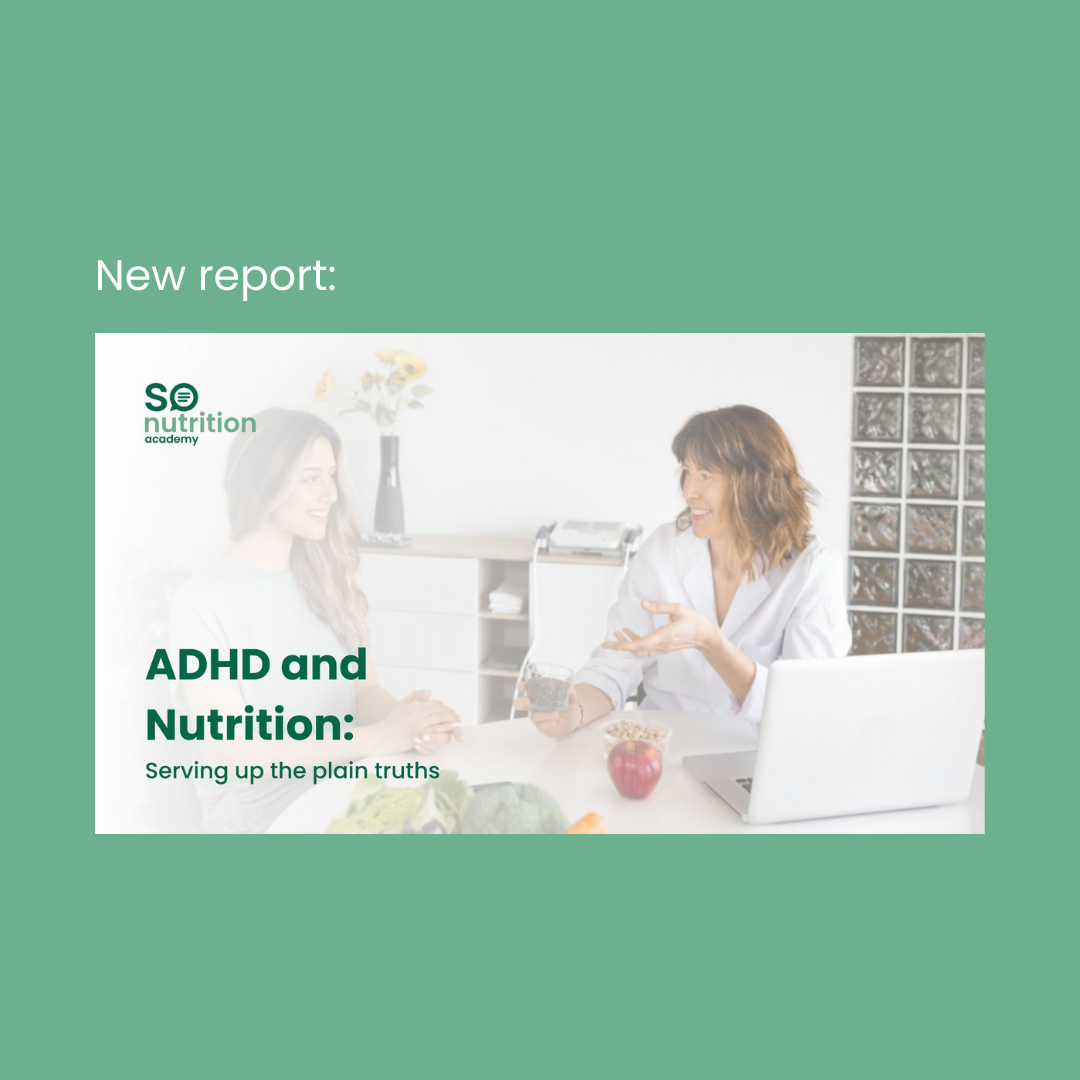
ADHD and Nutrition: Serving up the plain truths
Nine in 10 people with ADHD struggle with impulsive eating whilst missing meals is a weekly or even daily habit for almost two thirds (63%), according to our new study.
The results of our research illustrate the challenges that people with ADHD (attention deficit hyperactivity disorder) face when it comes to diet and eating habits,
"Skipping meals can be attributed to ADHD’s core symptoms of impulsivity, inattention and executive function differences, which all hinder self-regulation and awareness of internal hunger signals,” explains So Nutrition's Sarah Osborne. “Similarly, for neurodivergent individuals, impulsive or emotional eating often goes beyond food itself and can relate to brain chemistry and biochemical balance, as well as being a response to emotions such as stress, frustration and feeling overwhelmed.”
The independent research, which was conducted with 500 UK adults with ADHD, attests to both the extent of the challenges and the impact they can have. It was commissioned for a report aimed at the healthcare community and heralds the launch of our So Nutrition Academy, which offers consultations, training and mentoring to support professionals that are working with neurodivergent clients.
In addition, the research revealed that:
-
Almost all (96%) acknowledged they can forget to eat as a result of being hyper focused on other tasks, with 43% saying this happens often
-
Nearly eight in 10 (78%) say they are highly sensitive to certain textures, tastes and smells. Tomatoes, mushrooms and bananas are some of the foods mentioned most
-
More than nine in 10 (91%) find it difficult to plan or prepare meals
Sarah Osborne continues: “When eating turns into an emotional and impulsive response, it becomes easy for people to feel trapped in a cycle of guilt and frustration. We hope that our research will support greater understanding of these challenges, which are closely linked to the way the neurodivergent brain responds to the world.
"Our aim is for the So Nutrition Academy to become a trusted resource for nutritionists, coaches and medical professionals, to help them understand the nuances that come with ADHD and enhance their work with neurodivergent patients.”
Get your free copy of this report to read more about the research findings, along with clinical case studies and comment from industry experts.
